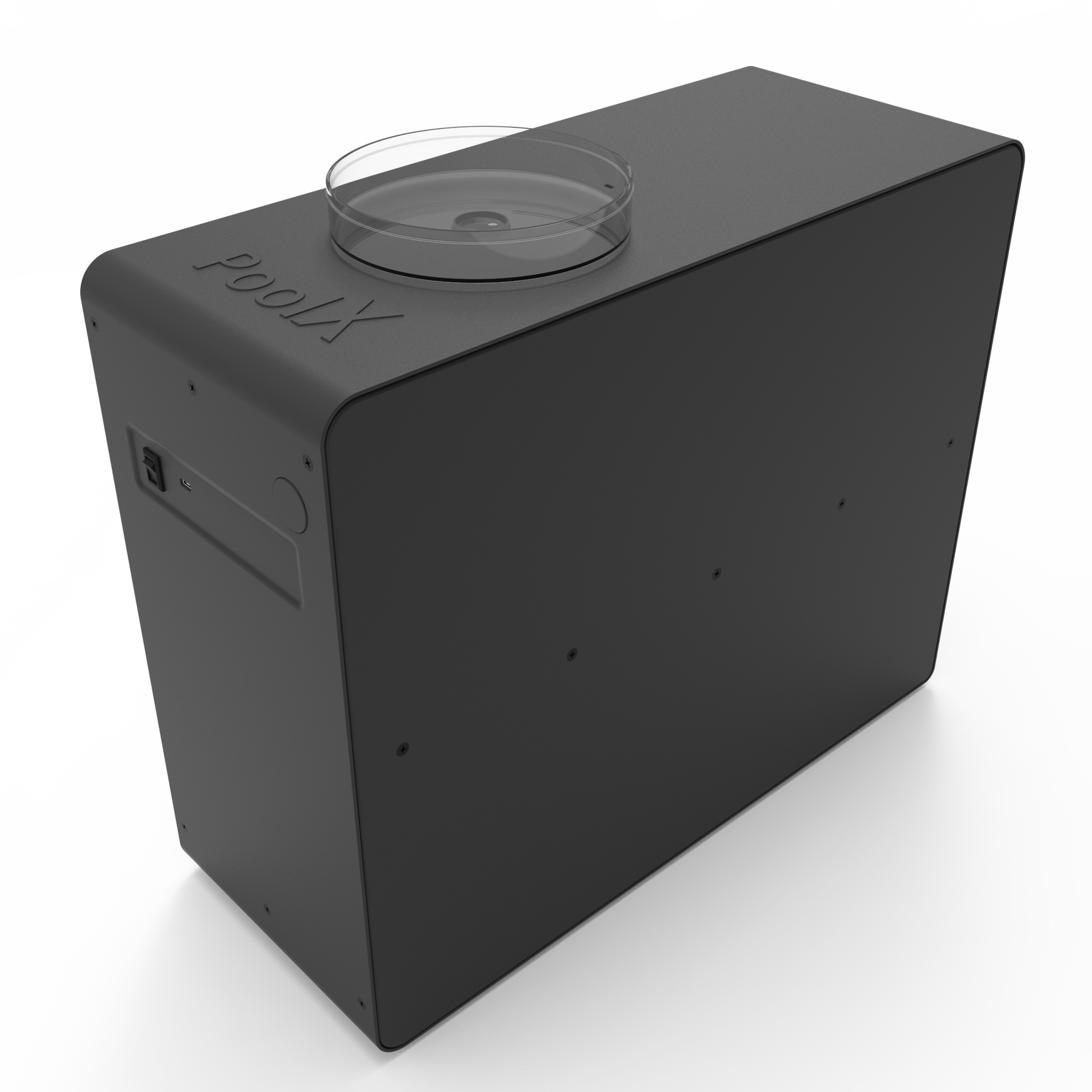Measuring a patio door might seem like a simple task, but it requires precision and attention to detail. Whether youre replacing an old door or installing a new one, getting the measurements right is crucial for a perfect fit. In this article, we will guide you through the process step-by-step, ensuring that you complete the task efficiently and accurately.

Why Accurate Measurements Matter
Accurate measurements are essential for several reasons. A door that is too small or too large can compromise security, insulation, and aesthetics. Furthermore, improper measurements can lead to additional costs and delays during installation. Therefore, it is vital to follow the correct procedure.

Tools You’ll Need
Before you start, make sure you have the following tools:
- Measuring tape
- Level
- Notepad and pencil
- Step ladder
- Safety goggles

Step-by-Step Guide on Measuring Your Patio Door
Step 1: Measure the Width
Start by measuring the width of the door frame from one side to the other. Measure at the top, middle, and bottom to ensure consistency. Document the smallest measurement as it will determine the accurate width of the door.
Step 2: Measure the Height
The next step is to measure the height of the door. Measure from the top of the door frame to the bottom at both the left and right sides. Again, note the smallest measurement to ensure the door fits correctly.
Step 3: Measure the Depth
The depth is not typically measured, but it’s wise to have this information, especially if the door frame has unique dimensions.
Dealing with Irregular Frames
If your door frame is irregular, take multiple measurements and average them out. In some cases, you may need to consult a professional for advice.
Double-Checking Measurements
Accuracy is key, so always double-check your measurements. Use a level to ensure your measurements are straight and even. Document every measurement clearly to avoid any mistakes later on.
Professional Tips for Accuracy
Here are some professional tips to ensure precise measurements:
- Always measure twice to avoid errors.
- Use a high-quality tape measure for accuracy.
- Consider temperature variations, as materials can expand or contract.
Common Mistakes to Avoid
Understanding common mistakes can help you avoid pitfalls:
- Forgetting to measure at multiple points
- Not recording the smallest measurement
- Ignoring frame irregularities
When to Call a Professional
There are situations where calling a professional is advisable, especially if:
- Your door frame is significantly irregular
- You lack confidence in your measurements
- You need specialized tools or expertise
Choosing the Right Patio Door
Material Options
Patio doors come in various materials such as wood, aluminum, and vinyl. Each has its pros and cons, affecting durability, maintenance, and appearance.
Design Options
You can choose from sliding doors, French doors, or folding doors. Your choice will depend on your aesthetic preferences and functional needs.
Energy Efficiency
Look for doors with energy-efficient ratings to save on heating and cooling costs.
Installation Tips
Once you have the right measurements, follow these tips for a smooth installation:
- Ensure the frame is level before starting
- Follow the manufacturer’s instructions carefully
- Seal edges properly to prevent drafts
Maintenance and Care
Maintain your patio door to prolong its life:
- Regularly clean the door and frame
- Lubricate moving parts
- Inspect seals for any wear and tear
Environmental Considerations
Opt for eco-friendly materials and energy-efficient doors to reduce your environmental footprint.
Additional Resources
For more information on patio door measurements and other home improvement tips, visit this comprehensive guide.
FAQs
What is the standard size for a patio door?
Standard sizes vary, but common widths are 72 inches, and common heights range between 80 to 96 inches.
Can I measure my patio door myself?
Yes, you can measure it yourself by following the steps in this guide, or you can consult a professional for more complex measurements.
How accurate do my measurements need to be?
Measurements need to be as accurate as possible to ensure a proper fit. Even minor inaccuracies can lead to issues during installation.
As an Amazon Associate, I earn from qualifying purchases.

